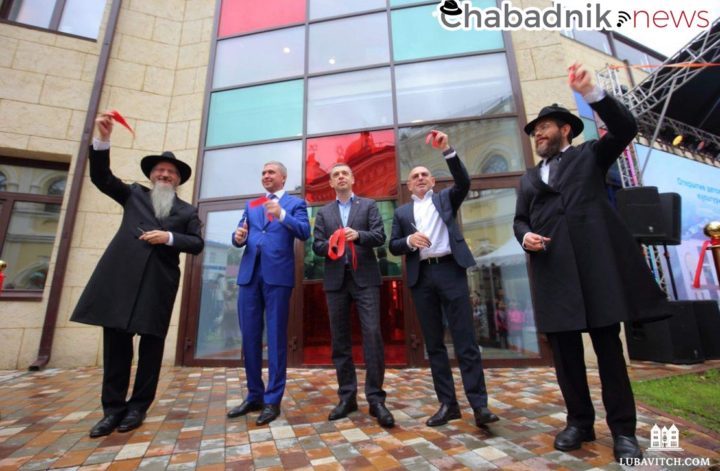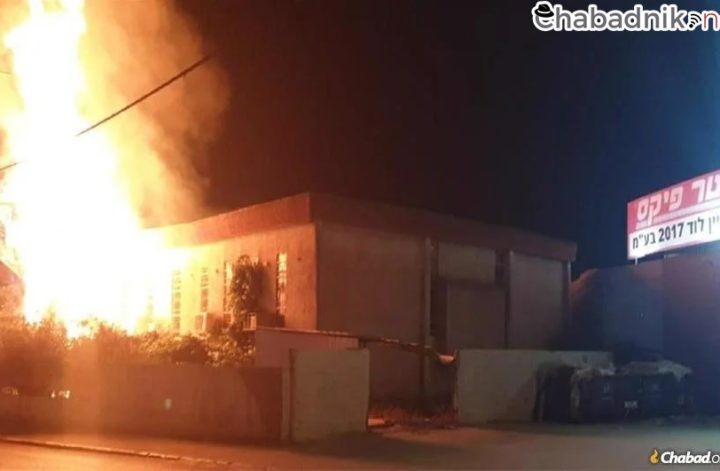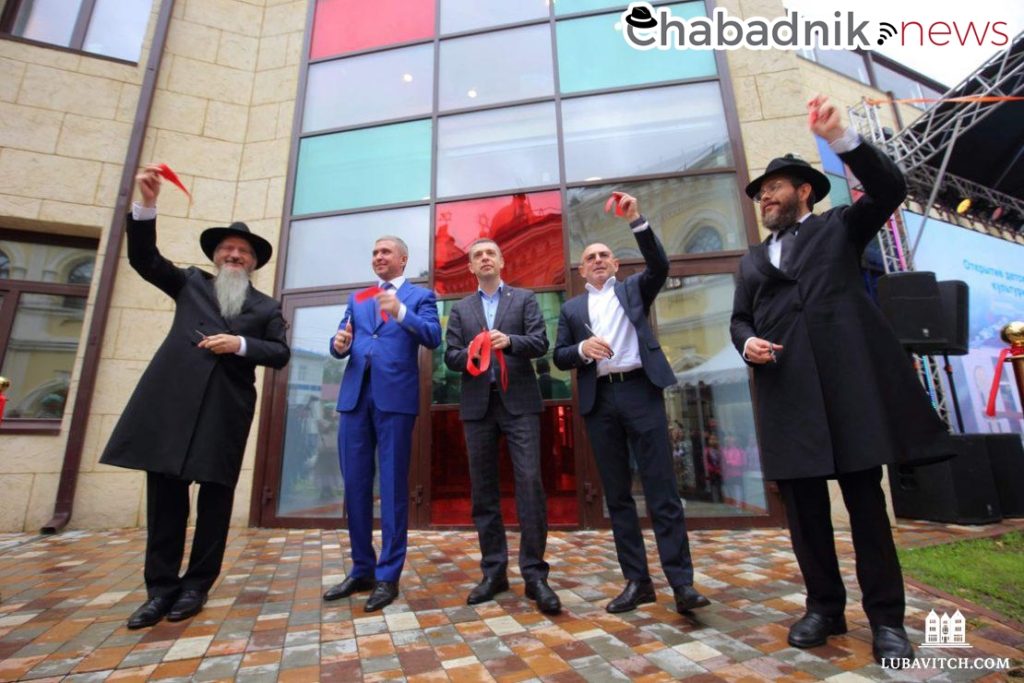
Deep in Siberia, Russia, the city of Tomsk has long been home to a storied Jewish past. With the inauguration of its new Children’s Сultural and Educational Center on September 12, the city’s Jewish community celebrated a bright future.
Standing next door to the Tomsk Choral Synagogue, the new center boasts twenty-five thousand square feet of modern facilities, making it the largest Jewish educational center east of the Ural Mountains.
The center is home to a kindergarten and pre-school groups for up to fifty children. Additionally, some two hundred local children of all ages will utilize the facility to learn Russian, English, and Hebrew language alongside IT, social studies, chess, drama, and music. It is the only building in Tomsk to offer such modern amenities as a robotics lab, pottery workshop, and table tennis. As of now, these programs remain far from maximum capacity, and registration is open to local municipal school children.
The opening ceremony in September marked the first significant new construction in a Jewish community that only recently regained ownership of its historic synagogues from the Russian government. The date of the ceremony marked the one hundred and twentieth anniversary of the founding of one of these synagogues, the Choral Synagogue, which is adjacent to the center. The memories carried in the synagogue’s walls tell a story that has made the city of Tomsk a symbol for Russian Jewry of the resolve to remain Jewish against all odds.
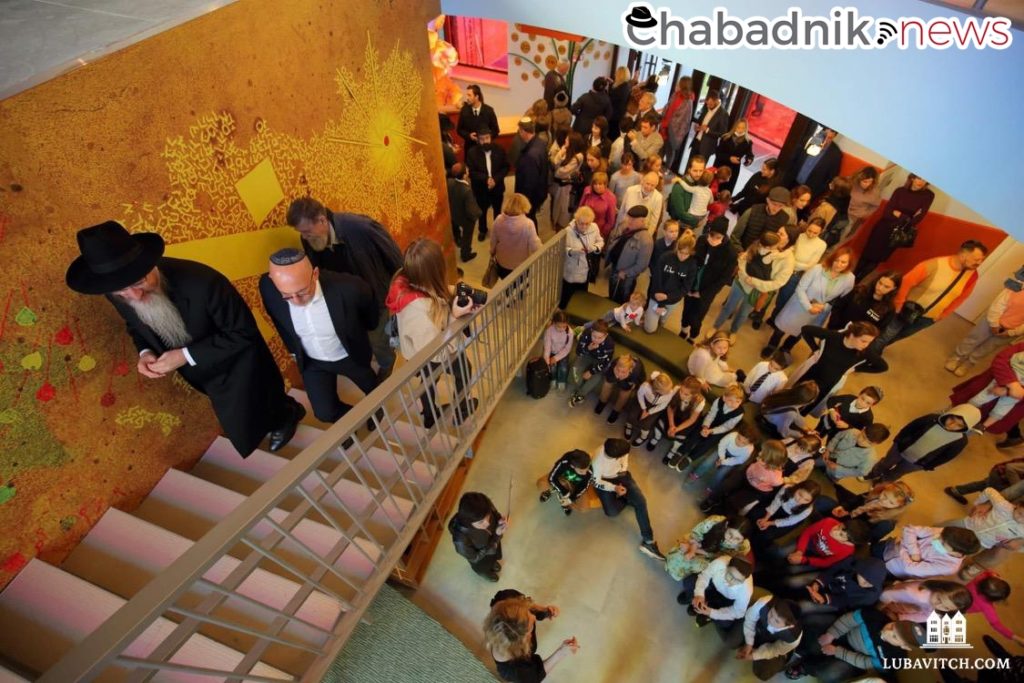
Many of the Jews who found themselves in remote, frigid Tomsk and founded the Choral Synagogue in 1902 were former Cantonists. Under Tsar Nicholas I’s Cantonist Decree of 1827, Jewish boys were ripped from their parents arms at ages as young as eight and forced into brutal Cantonist military schools. There, Russian sergeants did their best to rob the young men of their Jewish identity. Jewish Cantonists were generally conscripted younger and made to serve longer terms than other recruits, with the implicit goal of assimilating them into Imperial Russian society. While nearly a third of these boys capitulated to the increasingly vicious pressure to abandon the religion of their fathers, many more resolutely clung to their Judaism.
Bolshevik authorities confiscated both of the city’s synagogues following the rise of communism. After spending the Soviet era as a courthouse, the Choral Synagogue was finally returned to the Jewish community by Russian officials in 1999. After a long restoration process, the synagogue finally reopened in 2010 under the direction of local Chabad representative Rabbi Levy Kaminetzky. Now, some three hundred congregants converge there for the high holidays, as Jewish life has begun to flourish anew in the city.
The opening of the Children’s Сultural and Educational Center marks a significant milestone for the storied community. Some one hundred local city officials, supporters, and locals gathered to celebrate the occasion. Russian Chief Rabbi Berel Lazar flew two thousand miles from Moscow to be present at the ceremony, and ritually affixed a mezuzah to the center’s doorpost. Speaking to a robust crowd, Rabbi Lazar was surprised to see so many supporters turn out in a time when most people think twice before leaving home due to the pandemic. “Seeing so many people come today is a sign that this center is not only needed but has been long-awaited,” he said.
Rabbi Alexander Boroda, President of the Russian Federation of Jewish Communities, praised the ethical education the school will provide. “The creation of a platform for traditional education, especially when morality and ethics are top priorities, it’s the best possible investment in our children’s future.”
“This is about reestablishing a Jewish future for the community of Tomsk,” said RabbiKaminestzky. “Ninety years ago, the community here had a synagogue and a school for their children. We’re now bringing back a Jewish future for the children of Tomsk.”
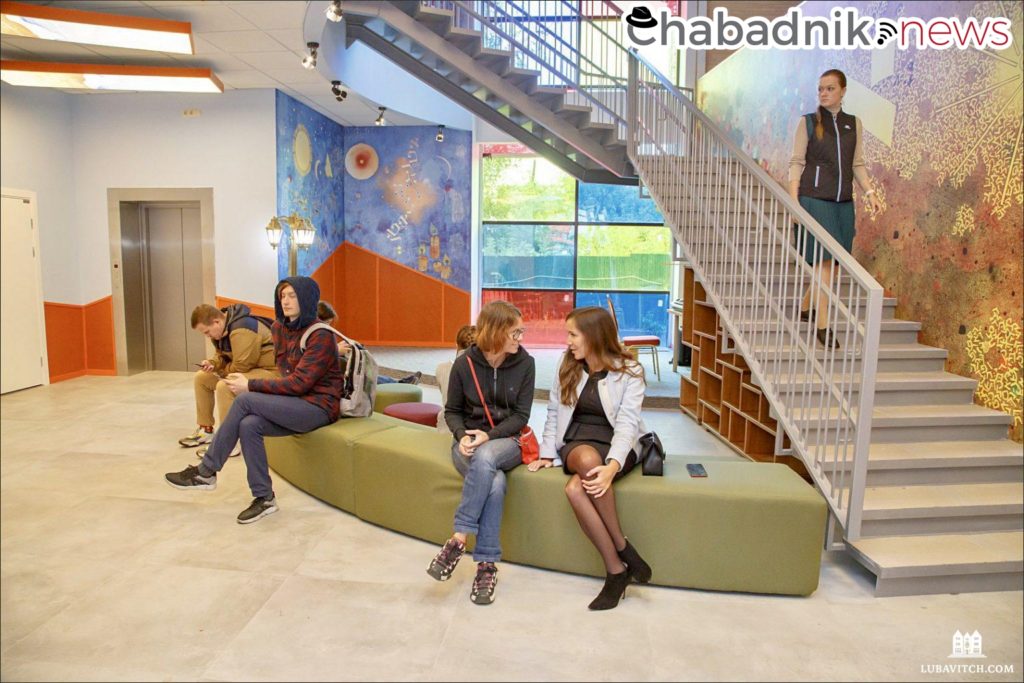
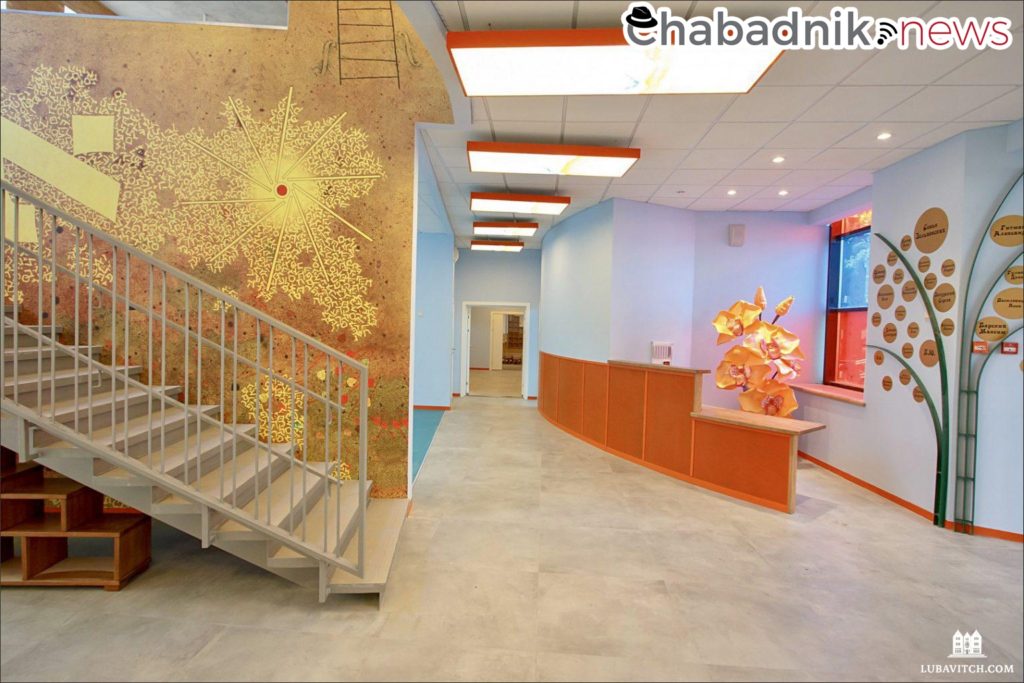
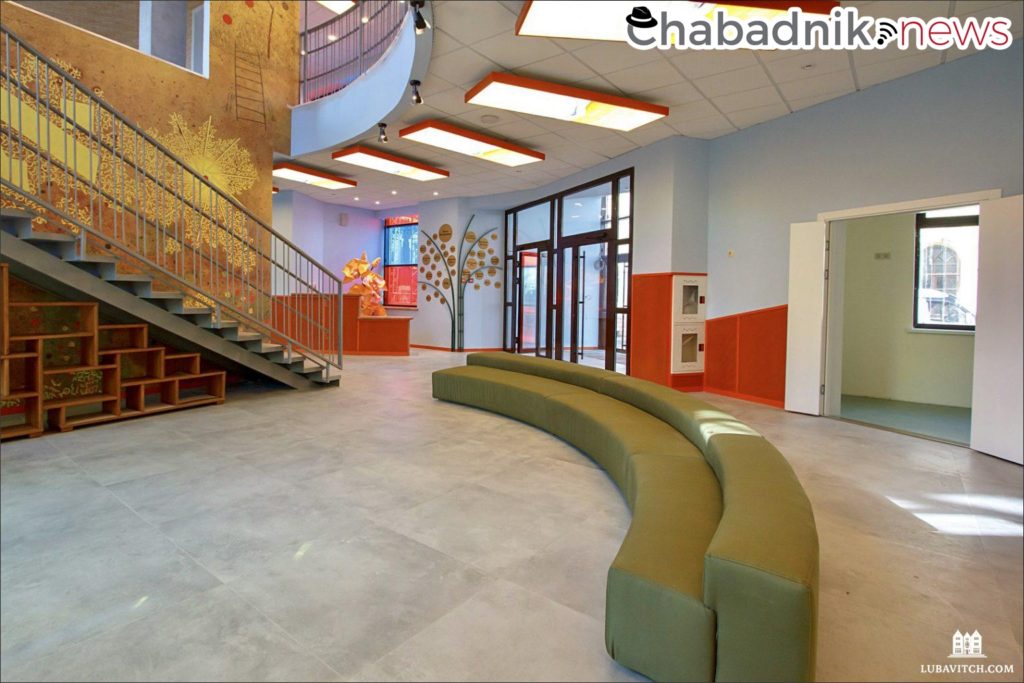
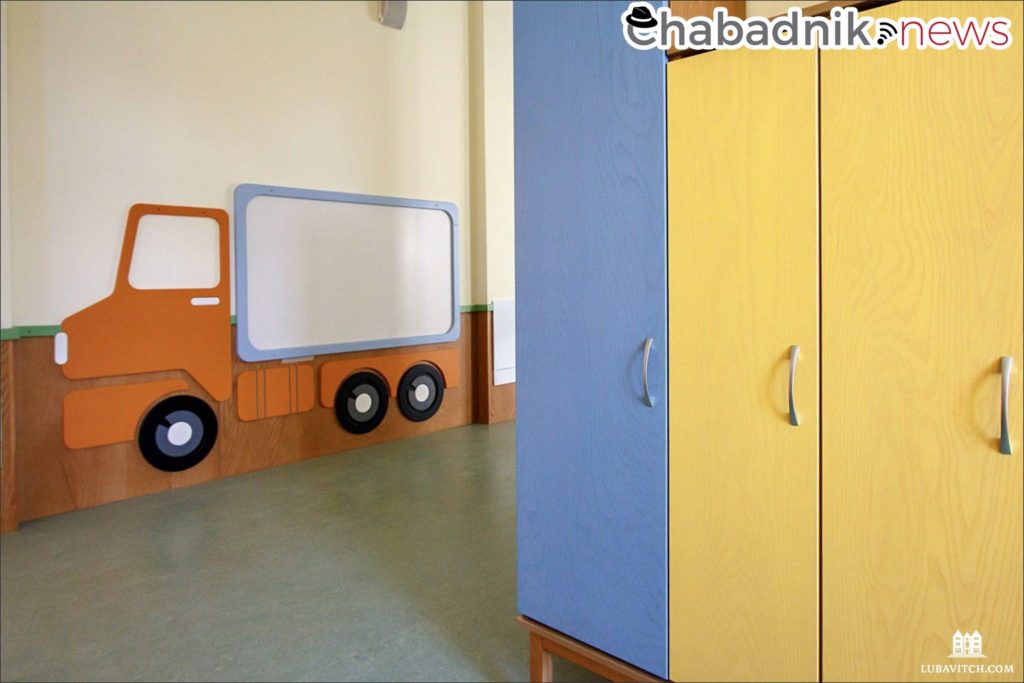
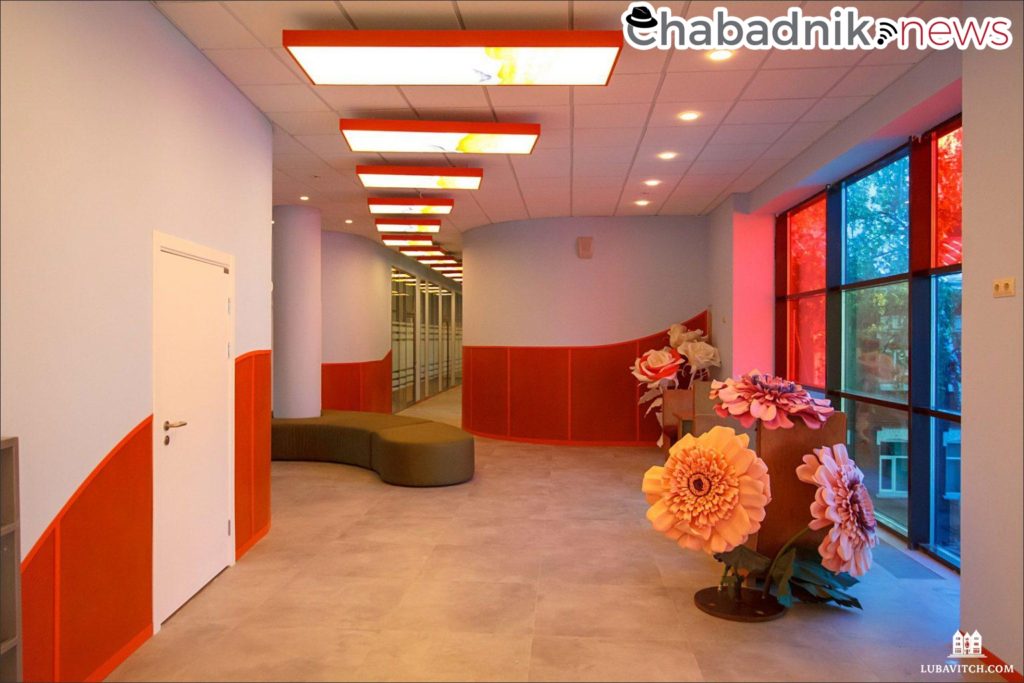
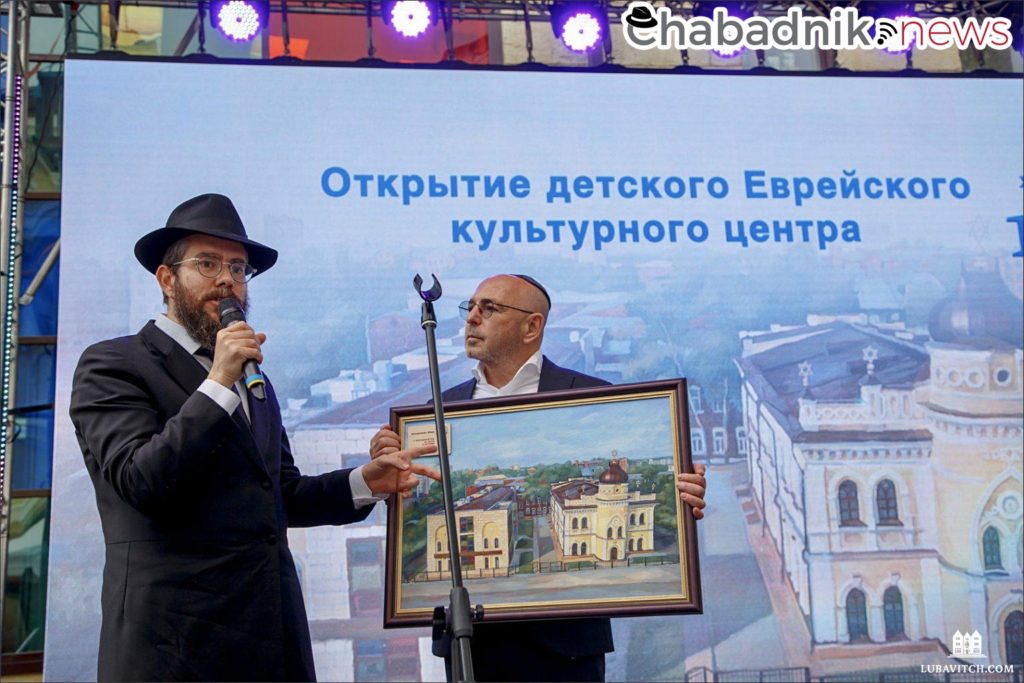
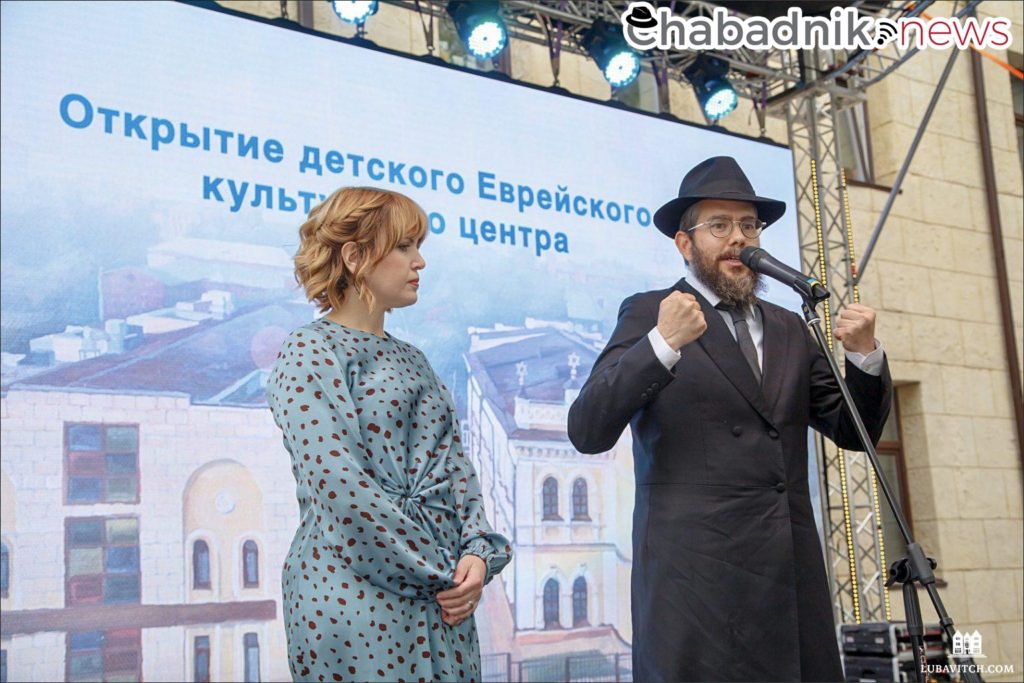
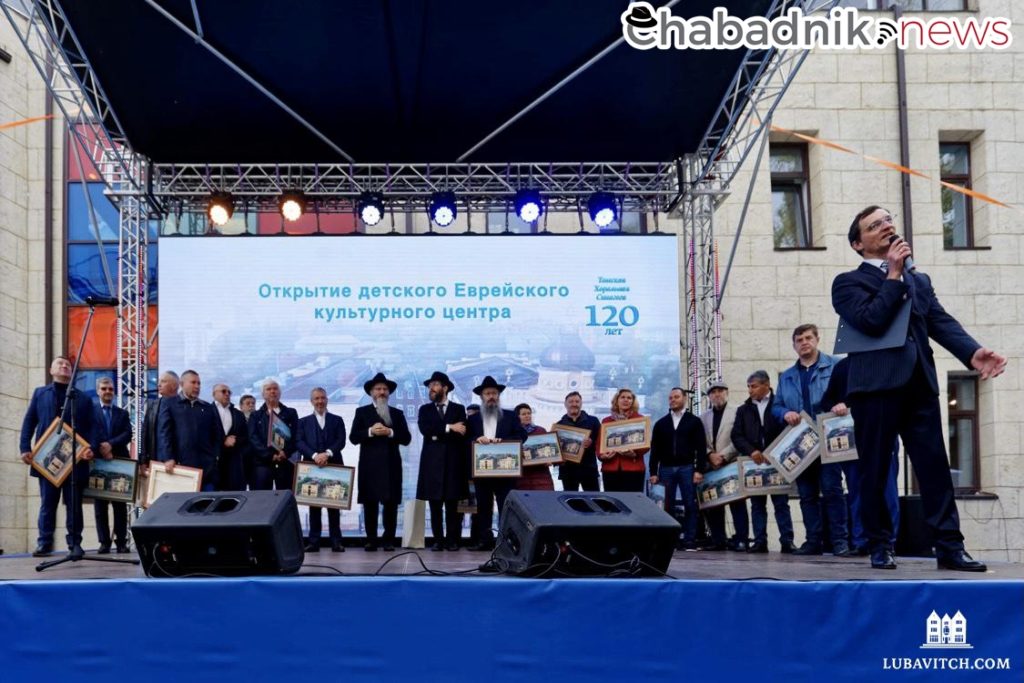
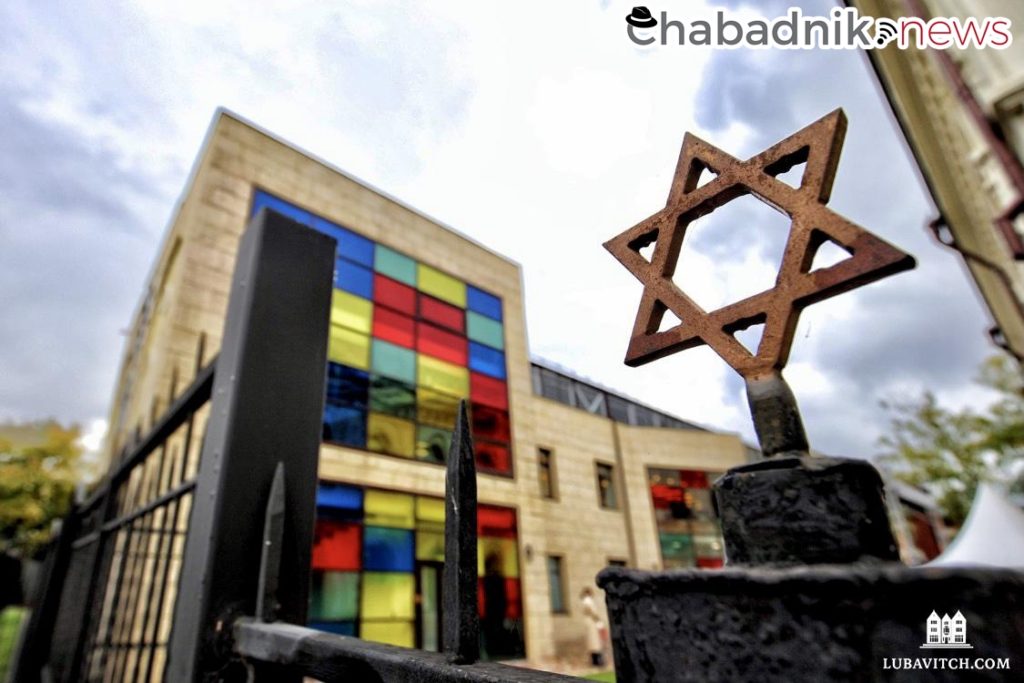
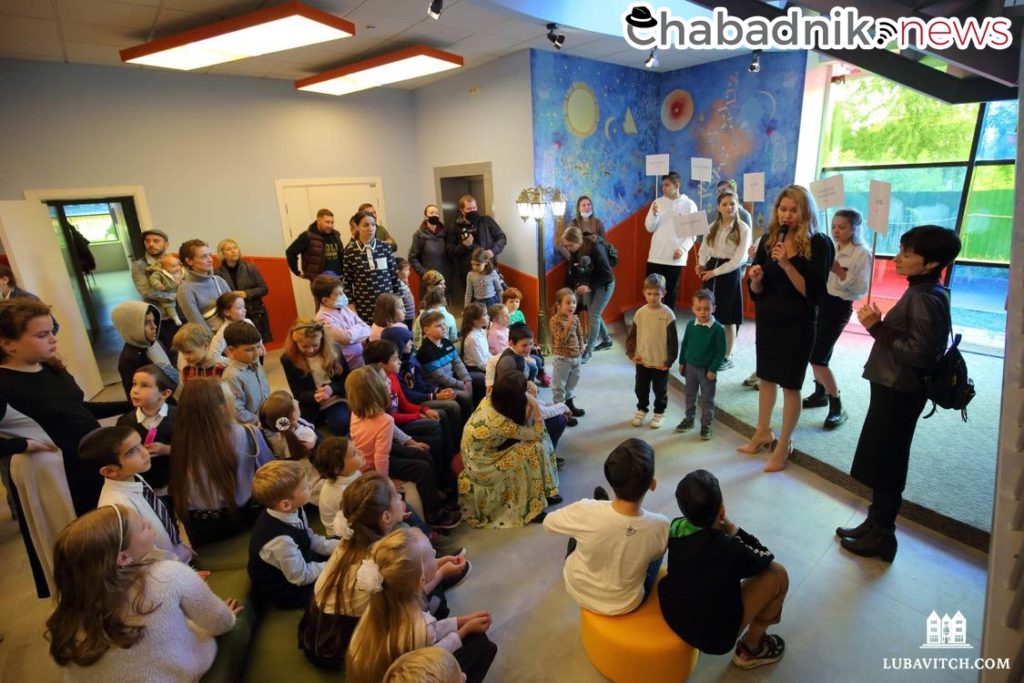
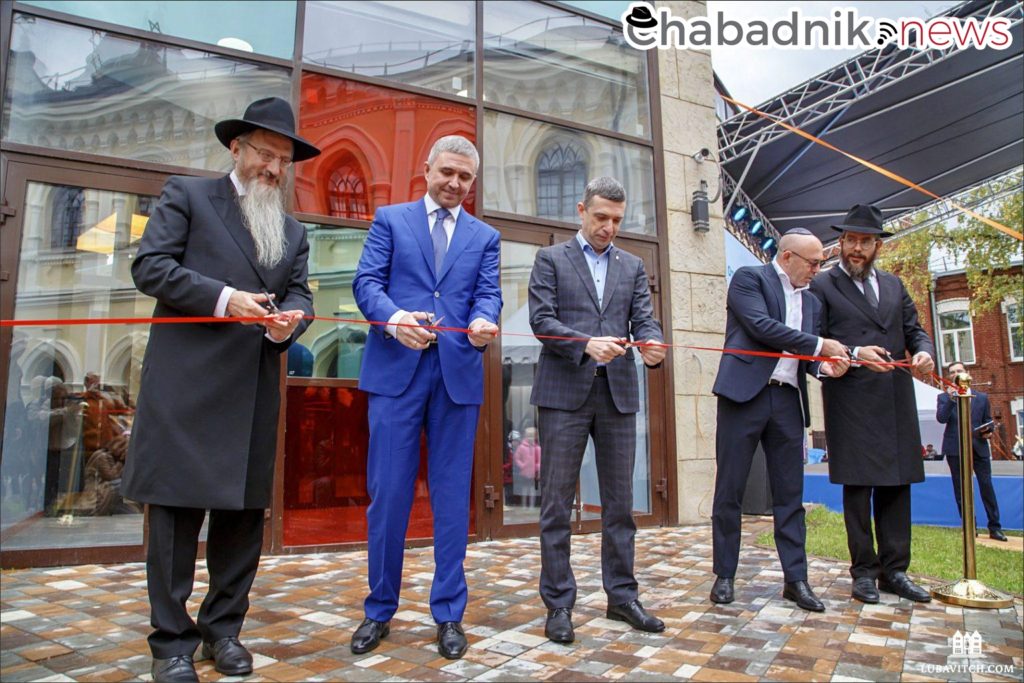
Source: https://www.lubavitch.com/tomsk-educational-center-heralds-jewish-renewal/

